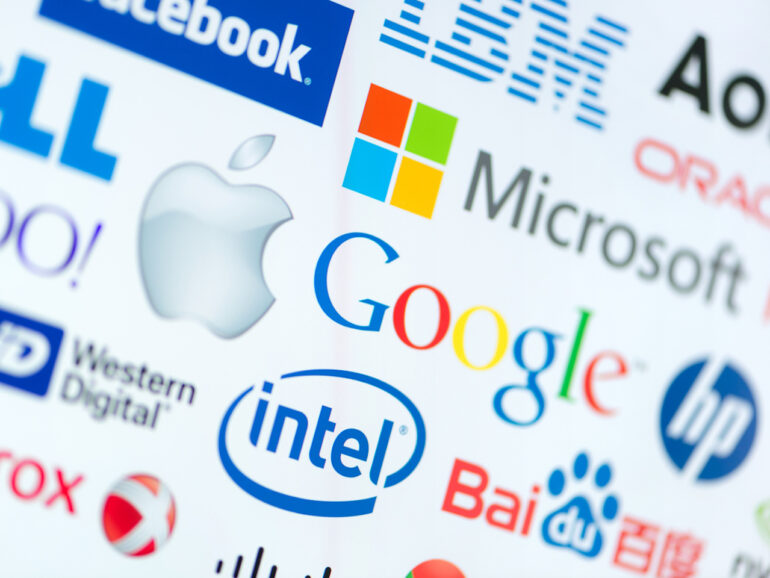Google’s ongoing antitrust trial highlights the conundrum of Big Tech.
On the one hand, these technological giants are centers of innovation. They have the resources and legacy to be at the forefront of the industry, attracting the best talent and using their swathes of data to drive evolution. Partnering with them can drive significant growth quickly and give small tech players what they need to become a success.
“Big Tech can give startups more opportunities than going for venture funding or IPOs,” said Rafal Andzejevski, founder of PayAlly. “It allows smaller companies access to more than funding. They can have many more resources like large research and development departments, developed technology, and datasets.”

However, many have grown too big, using their position to control the technological market and ensure their place at the forefront.
In Google’s trial, we have heard reports of bullying and bribery, holding data hostage for companies that do not comply with the company’s wishes – actions that solidified the search engine’s supremacy, fundamentally freezing out any competition that may have become a threat.
Google is one of many, with other Big Players facing regulators’ concerns about anticompetativity and monopolization of sectors worldwide.
The approach has been legislation, implementing the Digital Services Act and Digital Markets act to bring BigTech in line. Those outside the “BigTech” trope affecting financial services are targeted by antitrust policy, an approach mirrored in by the US’s Federal Trade Commission.
However, the approach has created adverse effects in some markets, and some startups are concerned it could do the opposite of what regulators have in mind.
“If we limit bigger players in an unreasonable way, it might demotivate big tech to invest in certain markets,” said Andzejevski. “In markets like the UK, it may lead to decreased funding for startups and less growth in the tech sector overall.”
A new tactic may be required.
When Strongarming BigTech Goes Wrong
Canada learned the hard way that a hardline approach to BigTech regulation.
In response to the government’s implementation of the Online News Act, which would have tech giants paying millions to link out or repurpose local news content, both Meta and Google blocked news from their platforms. The result was a “news blackout.”
While the approach affects the news industry and not finance or tech, it’s a telling indication of the power such companies have over the markets today.
“On top of government regulation, you have BigTech regulation, which can shape the direction of the market in their favor,” said Andzejevski. “If the market size isn’t critical to their business, they can leave when they don’t like the conditions. The ones who are affected are the smaller players.”
Bottom-Up Support Instead Of Aggressive Top-Down Limitation
“Somehow, regulators have to find a way to create competition not through the limitation of the giants, but how to stimulate smaller companies in order to grow and compete,” Andzajevski continued.
He explained that big players had created incentives to attract smaller companies to join them, at times acquiring small companies that could grow to become competitors to take them out of the market. While this activity is policed in Europe for the acquisition of larger players, if the company is small enough it can fly under the radar.
“This is a much worse situation,” said Andzajevski. “Because they might kill some really good products if they feel that it might compete with them in the long run.” He felt that if smaller companies are protected from the practice or incentivized to turn down acquisitions, it may lead to stronger competition in the market.
In the payments space, he turned to the oligopoly of Visa and Mastercard. “They are delivering a superb product to the public. But, they do not give any possibility for alternatives to be established.” He explained that the payment giants create conditions that are attractive to smaller players, thus incentivizing partnership over competition.
RELATED: Fintech Blueprint Office Hours: Powering Innovation
In the case of Mastercard and Visa, he explained their largest global competitor in the card space, UnionPay, only grew as a result of government stimulus. This has now resulted in UnionPay overtaking Mastercard’s market share, up at 34.1% compared to 10.1% in 2014.
“No matter how big you are, there will be someone with bigger ambitions, and they will try and compete,” he said. “Regulators have to stimulate smaller players in order to give them the opportunity and protection to grow. Then the competition will be growing rather than the bigger players just being limited.”


